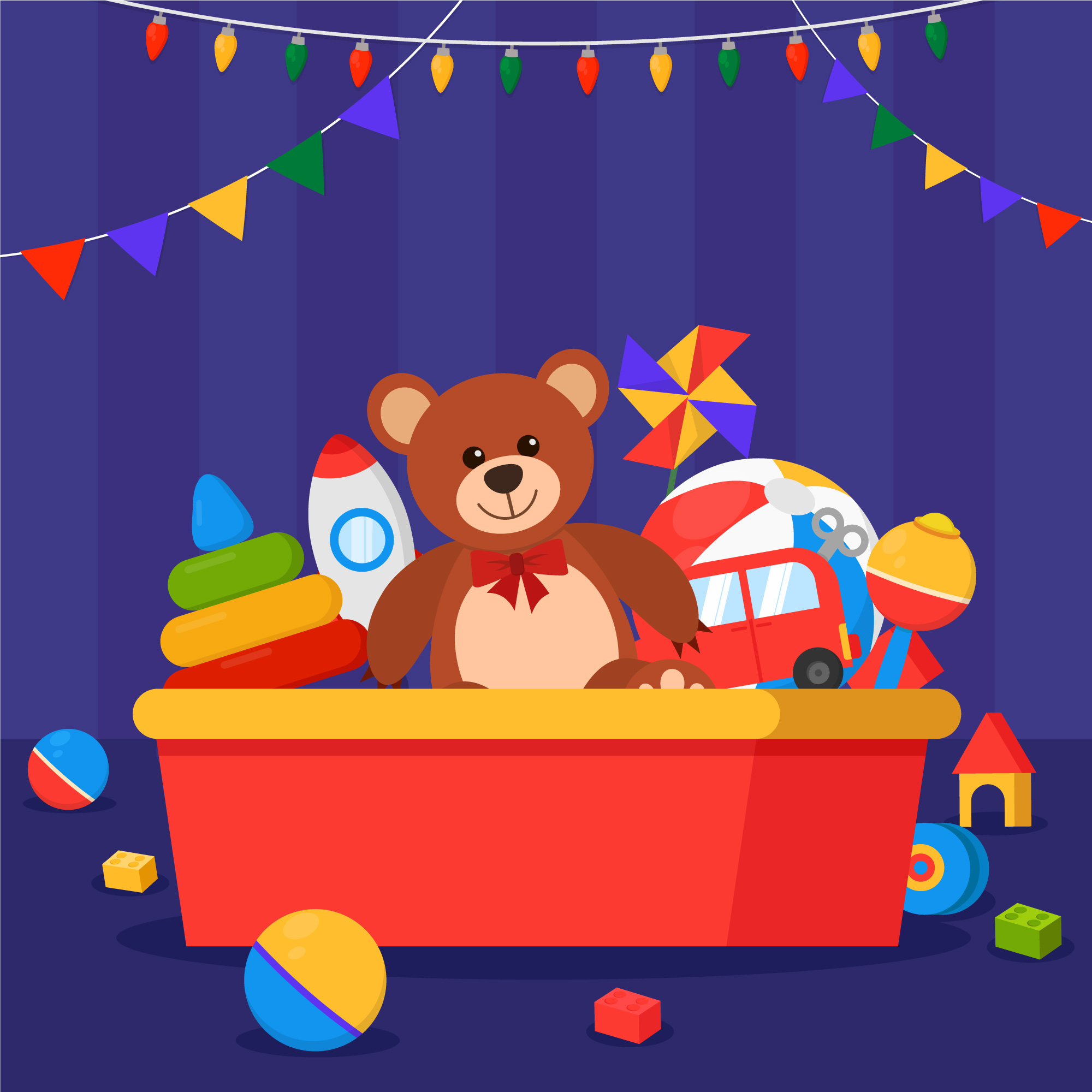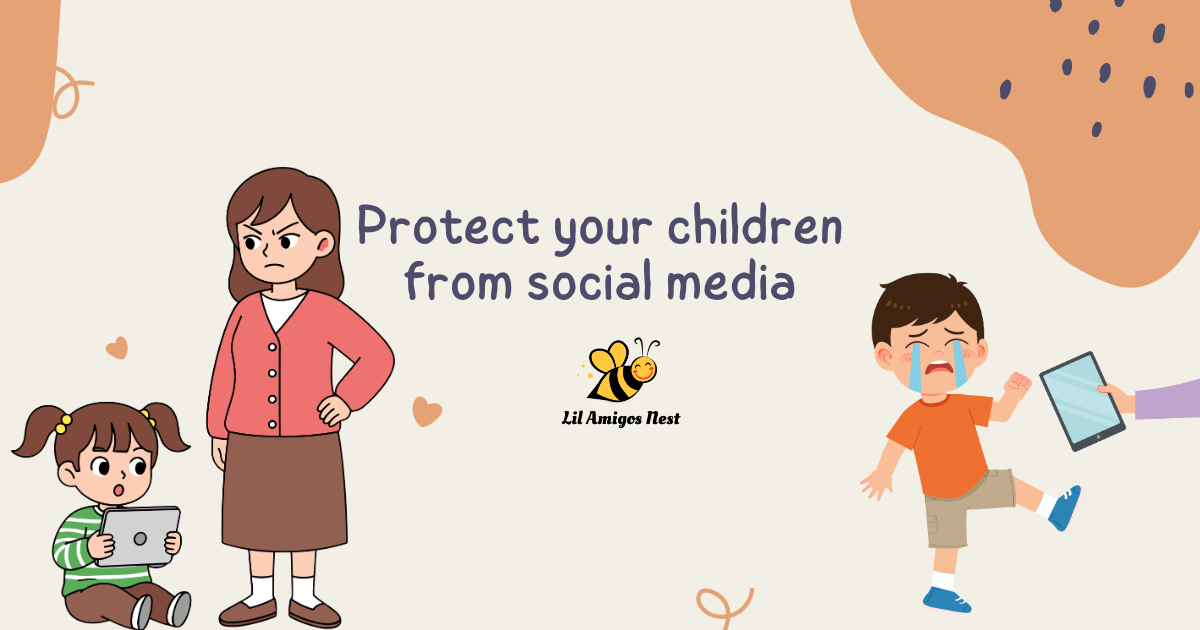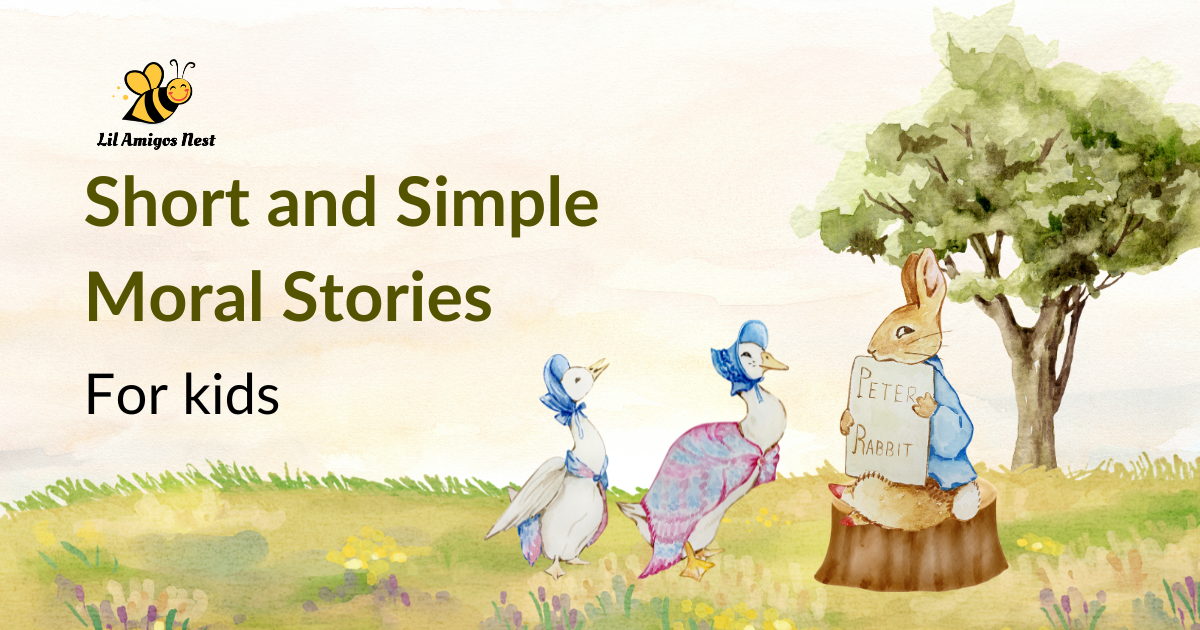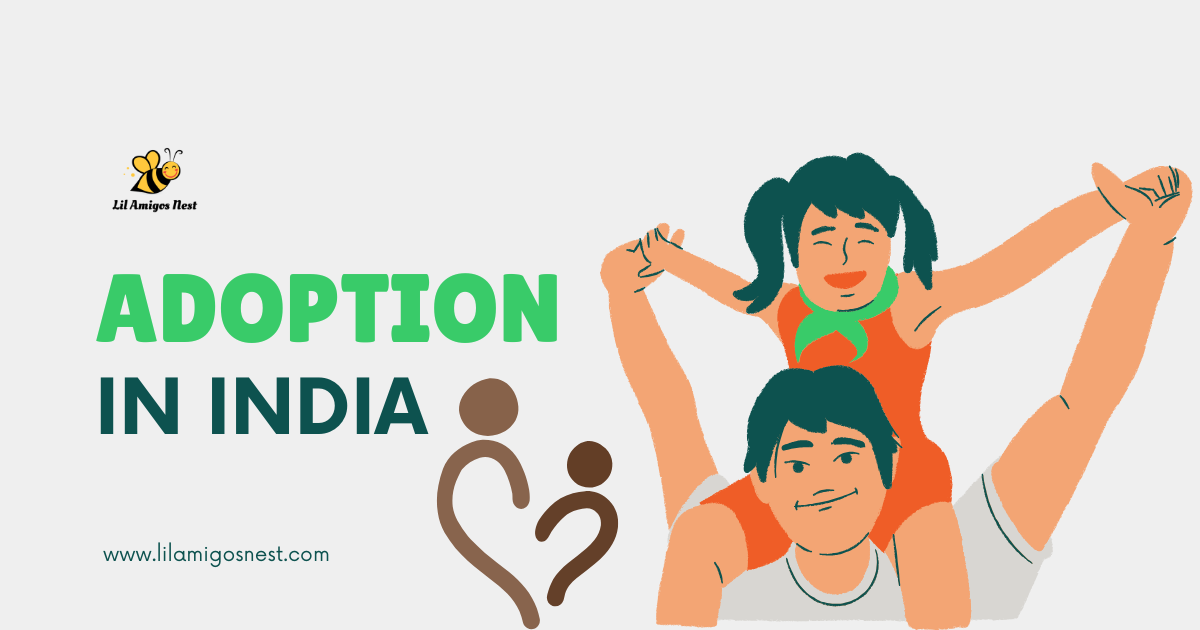How to teach your kids not to hit others

Parenting an aggressive child can be difficult but it’s not impossible as it comes with it own sets of challenges.
Sometimes your kid might hit, bite or lick another child and that is a completely normal behaviour for their age group. It’s important for you to teach them gently at this age not to do this to other kids or adults.
Here are some ways you can teach your kids not to hit others:
1- You have to be a good role model for your kid to watch and grow up as. So when your kid hits you, instead of shouting in pain, teach them that it hurts you and they will understand your pain.
If you do sometimes react out of pain, apologise for your behaviour so your kid learns that you care about their feelings.
2- If your kid hits you because they are aggressive due to a situation, you can choose to walk away from the situation immediately.
As you are walking away, you can let them know that you both can talk only when you both have calmed down.
3- Try to teach your kids to put a label on what they are feeling.
If they feel angry, they can say that aloud so they won’t take it out on someone else by hitting them.
4- When your kid hits their friend, try to find the cause of their behaviour.
Try to understand if it is because of their overly aggressive play or a poor match in both of their temperaments.
5- You can notice if your child has a pattern of getting aggressive in certain situations.
Does he become aggressive because he doesn’t want to share his food or toys with others? Does he become agitated when there are too many people around?
Once you notice the patterns, you can ensure your child isn’t in such situations.
6- You can also observe how your child shows his anger. Is it only verbally aggressive or he becomes physically aggressive also?
You can teach them gently by letting them know how anger can sometimes be unnecessary and they can just express themselves calmly in those situations.
7- When you see your kid hit someone, try to remain calm in the situation without shouting at them. You don’t have to yell at them but simply remove them from the situation.
Make a point to apologise to the child or the person who is hurt and then when your child calms down, you can have a civil discussion about it.
8- You have to teach your child that it is their responsibility to learn to calm themselves down and act appropriately.
When your kid learns to remain calm on his own, you can freely praise them about it so they know that you are there to appreciate their model behaviour.
9- Most young children can sometimes act out when they have an audience that watches them.
If your child bites someone in front of you, even after you have taught them not to do so, then simply walk away so they know that their tantrum is not going to be acknowledged.
10- You can teach your kid to take a deep breath and count to ten in situations where they feel that they are about to lose control to anger.
11- You should have a plan in place when your child continues to show aggression despite your efforts.
You can give them certain time-outs where they learn to calm themselves and they understand the consequences of their anger.
12- Learn to recognise your child’s limitations in certain situations. If your child gets frustrated while playing video games then don’t allow them to play such games that increases their aggressive behaviour.
Instead offer to play a puzzle game with your child or read books together so they not only spend quality time with you but also don’t get frustrated easily.
You can buy a variety of puzzle games or books online from https://lilamigosnest.com/






















Please complete your information below to login.
Sign In
Create New Account